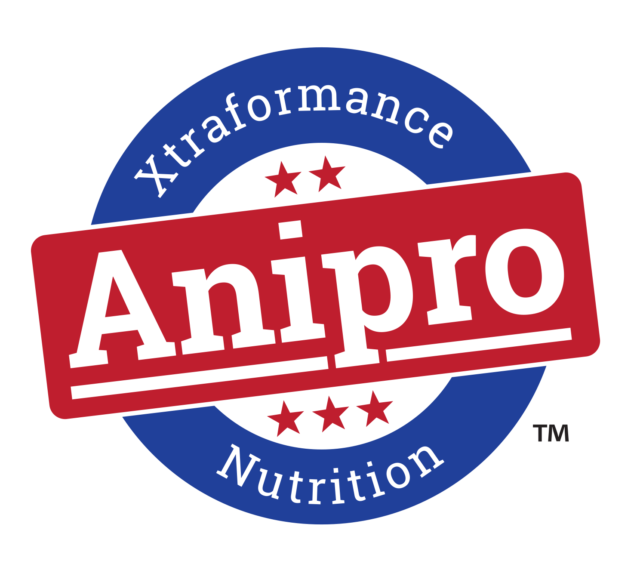The last four months of 2012, however, were heavily weighted toward exports rather than imports, when product from Australia, Canada and New Zealand dropped off significantly.
Japan was the largest beef export destination for U.S. beef producers through August, with 147,890 tons exported – already a higher volume than the 2012 total, largely due to the relaxing of import restrictions to beef from cattle under 30 months old.
Similarly, U.S. beef exports to Hong Kong to the end of August were higher than the total 2012 volume, at 66,856 tons.
Exports to Canada were also higher, up 14 percent over the January-August period, to 91,519 tons.
Trade to Mexico declined slightly, down 6 percent to 78,558 tons, while exports to Korea have reportedly been impacted by the increased trade to Japan, dropping 22 percent to 58,469 tons.
As at the end of August, New Zealand was the largest source of U.S. beef imports, at 142,919 tons, up 7 percent year-on-year, largely due to a large cow cull early in the year.
Australia was the second-largest source over this period, with 133,115 tons, down 11 percent on last year. But by mid-October, Australia was now the largest beef exporter to the U.S.

Brazil
Agriculture ministers of Brazil, Russia, India, China and South Africa (BRICS) have signed a joint statement to minimize the negative effects of climate change on security food.
The statement is for cooperation initiatives within and outside of the BRICS to foster the production of foods which have less dependence on climatic effects.
“You need to get fast and consistent knowledge from the life-cycle calendar of crops until the introduction of sustainable practices and genetic material, based on biotechnology.
This is one of the key actions to ensure productivity and volume of supply is adequate in quantity and compatible with the demands of the world population,” said Minister of Agriculture, Livestock and Supply Antonio Andrade.
The minister also stressed the development of research from the Brazilian Agricultural Research Corporation (Embrapa), on the impacts of climate change on livestock and grain production.
“Brazil is also advancing the adoption of new agricultural practices. For example, the conversion of degraded or low-yield systems integrated with crops and forests, generating a positive effect in association with higher temperatures,” he said, citing the Agriculture Low Carbon program (ABC).

Japan
The Japan Foodservice Association reported that the foodservice sector registered improved sales in May, with customer numbers increasing across all categories supported by an extended period of fine weather.
All categories except the pub and bistro group increased their sales from the same month last year, with yakiniku (Japanese-style or Korean-style barbecue, up 13.9 percent year-on-year), the Japanese-style fast food (mostly gyudon beef rice bowl, up 9.8 percent) and noodle (up 9.6 percent) operations leading the pack.
The yakiniku segment, which is the major outlet for U.S. and Australian offal in Japan, registered the 15th consecutive monthly year-on-year growth, after many months of struggle, especially after the March 2011 tsunami disaster and a series of food safety issues.
Relaxation of the U.S. beef import protocols in February this year positively influenced the trade’s sentiments, while demand for Australian offal items has also been firm.
Trade paper Gaishoku Nippo reported on the reinforced interest in beef tongue in specialized restaurants among the Japanese foodservice operators.

Mexico
Three regions of Mexico have been highlighted as having low prevalence for bovine tuberculosis (TB) following a bilateral decision between Mexican and U.S. animal health organizations.
Durango, Tamaulipas and Nuevo Leon have all been recognized as low-risk TB areas because of the vigilance of local authorities and ranchers.
The USDA has confirmed the status of Tamaulipas, although a report of monitoring activities must be submitted at the end of August. Further testing results of the region are required by December 2014. ![]()
Clint Peck is former director of Montana’s Beef Quality Assurance program.






